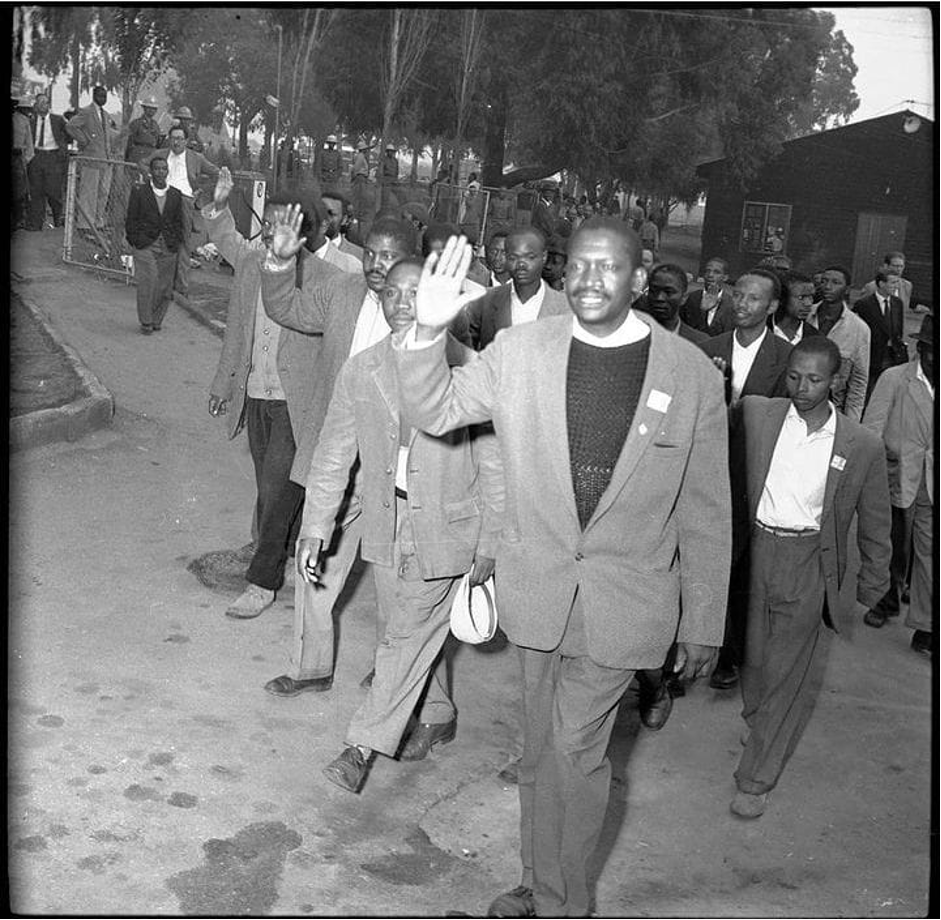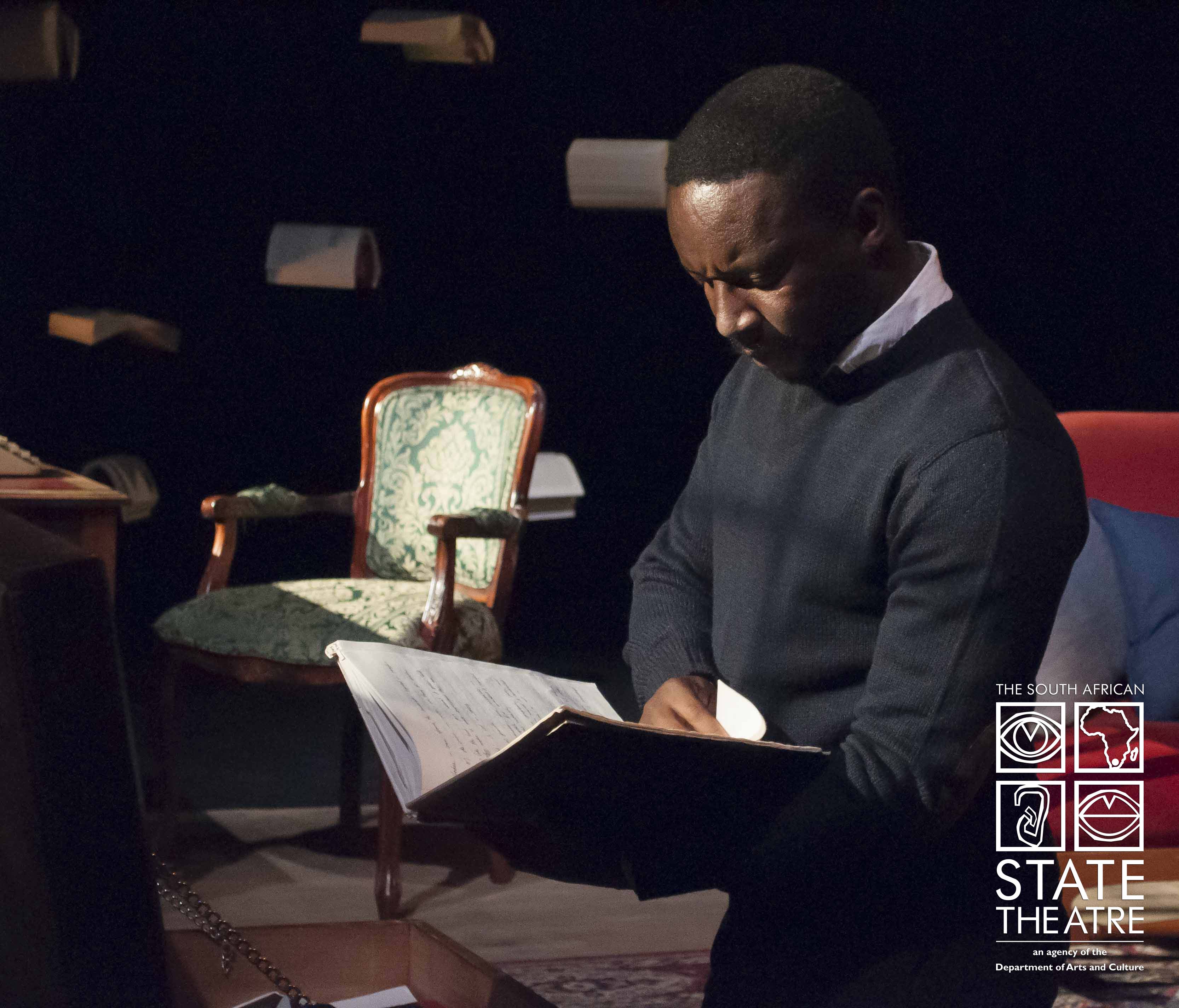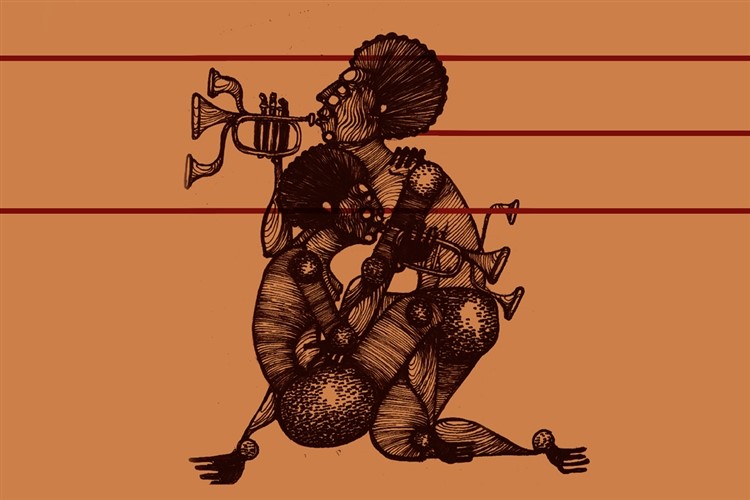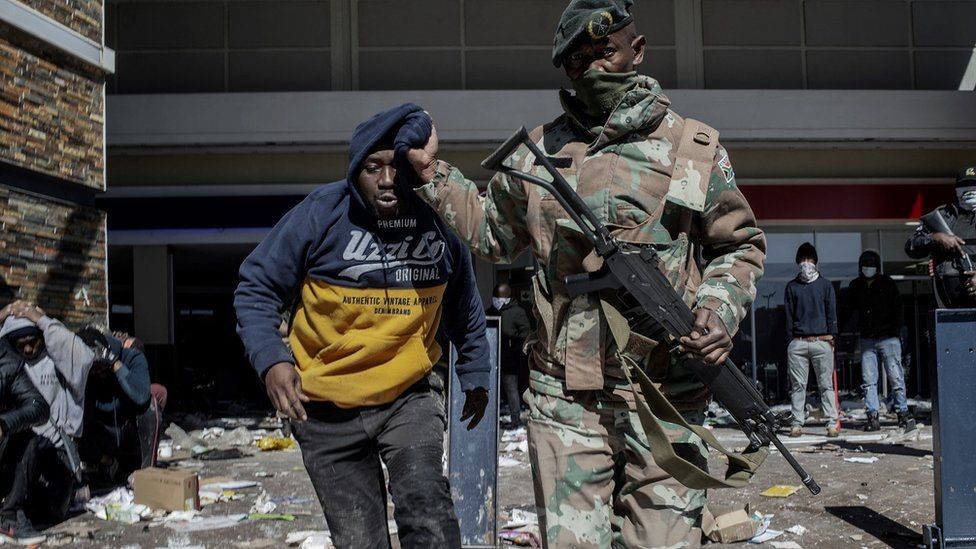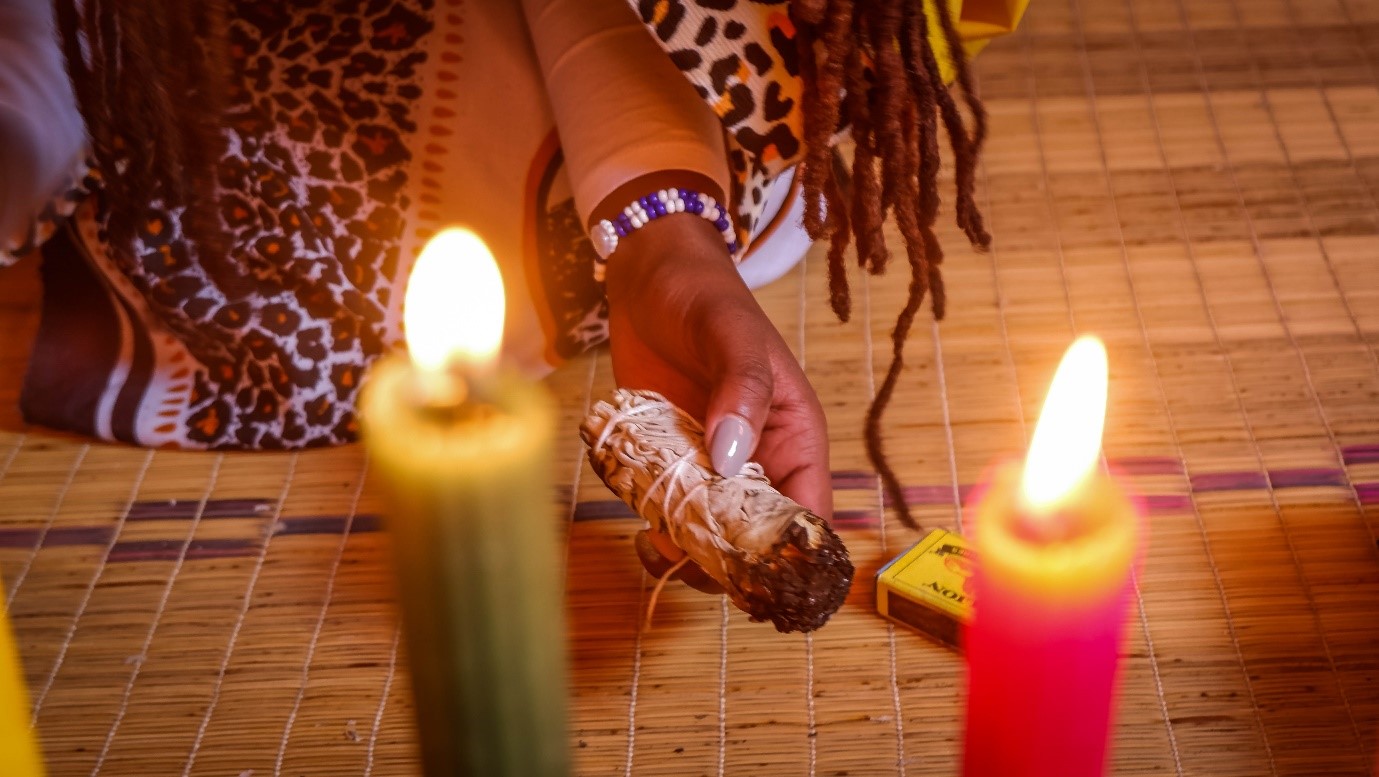There is a dialectical relation between colonisation and decolonisation. This dialectical relation is dyadic and triadic. Decolonisation as a process of the undoing of colonisation seeks to negate colonisation. So, in terms of the dyadic dialectical relation, the confrontational antagonism between the forces of decolonisation and the forces of colonisation must result in the survival of either the forces of decolonisation or the forces of colonisation. The two antagonistic forces cannot reach a higher unity beyond what they represent. But in terms of the triadic dialectical relation, the forces of decolonisation which embody the antithesis to the thesis in the form of the forces of colonisation can reach a higher negative or positive unity. A negative higher unity which continues to benefit the forces of colonisation is neo-colonialism as formulated by Frantz Fanon and Kwame Nkrumah. A positive higher unity which is in the interest of the forces of decolonisation can take the form of a nonracial society as envisioned by the Azanian political tradition of Robert Sobukwe and Steve Biko in the form of Azanian nonracialism. This Azanian nonracialism is captured by Sobukwe’s metaphor of the African tree and Biko’s African table.
The conservative forces of colonisation which seek to preserve white supremacy are confronted and defeated by the revolutionary forces of decolonisation which pursue the destruction of white power and the restoration of African power. Upon the successful defeat of the forces of colonisation, the triumphant forces of decolonisation seek to integrate the former forces of colonisation on the terms of African power in the form of African culture and democracy. The forces of decolonisation as the numerical majority seek to dissolve the former forces of colonisation by assimilating them as part of the forces of decolonisation. In the case of the negative higher unity of “post-Apartheid South Africa” the forces of colonisation continue to assimilate some forces of decolonisation. This negative assimilation is facilitated by the embrace of negative dialectics by some forces who claim to pursue decolonisation. These treacherous forces internalise the governing value system of the forces of colonisation. Based on this internalisation they discover contradictions in the totality of colonisation. These contradictions can take the form of the proclamation of the principle of equality which is denied to these treacherous forces of decolonisation as “civilized natives”. Instead of destroying the totality with its contradictions, these traitorous forces seek to expose these contradictions and appeal to the forces of colonisation to eliminate them. Naturally, the forces of colonisation reject the appeal until its acceptance is also conducive to the maintenance of white supremacy, in terms of what Derick Bell calls “interest convergence theory”. The 1994 moment marks the triumph of “interest convergence” which resulted in the negative higher unity based on government succession. A Black government which serves the interests of the forces of colonisation is allowed to operate in a territory still dispossessed by the forces of colonisation since 1652. The authentic forces of decolonisation failed to negate the forces of colonisation based on State succession because of the connivance of the traitorous forces which benefited through “negotiations” with the forces of colonisation. Thus, a positive higher unity in the form of a post-conquest Azania as envisioned by Sobukwe through his African tree metaphor failed to emerge since 1994. This, in a nutshell, is the dialectic of settler colonialism and liberation in conquered Azania.
Decolonisation in general entails the process of the undoing of colonisation. Colonisation in conquered Azania fundamentally entailed the dispossession of the land of the natives by settlers. This is because while colonisation can take another form, in “South Africa” it took the form of white settler colonisation. The “historical native” who has been indigenous to the land since time immemorial, was through immense violence of conquest in the form of a race war, converted into an “ontological native”. The racist political ontology of white settler colonisation attempted to reduce the historical native to a racist “invention of the kaffir” which is similar to the racist “invention of the negro” in the United States of America as theorised by Cedric Robinson. Jan Van Riebeek captured this moment of “inventive violence” by stating that when the historical natives (the Khoi and San people as Indigenous people of Azania) sued for peace during the wars of conquest in the late 1600s, he informed them that “their land was justly won through a defensive warfare and that the Dutch settlers intend to retain it”. This is how these Dutch settlers became “the defenders of the land” they did not bring from Europe. The “just winning of land through a defensive warfare and the intention to keep it” is what we call “the Van Riebeek doctrine”. This doctrine which embodies the primal violence of white settler colonisation resulted in the dyadic antagonism between the “defenders of the land” (Dutch settlers) and the “restorers of the land” (the Indigenous people).
White settler colonisation entails the staging of the primal scene between the “defenders of the land” and the “restorers of the land”. The fateful date of the 21st of March 1960 marks the confrontation between these “defenders and restorers”. It is important to note that the PAC which represented the “restorers of the land” hence the slogan “Izwe Lethu”, was launched on the 6th of April 1959. The horrible date of the 6th of April 1652 marks the moment of the emergence of the “Van Riebeek doctrine”. According to Van Riebeek, the historical natives such as the Khoi and San people are not human but are “stinking dogs”. Thus, to name the 21st of March 1960 as “Human Rights Day” is to indulge in escapist historical revisionism. The Apartheid regime which massacred the historical natives on the 21st of March 1960 wanted to reaffirm the “Van Riebeek doctrine”. The Indigenous people were massacred not because they were armed but because in the racist eyes of the children of Van Riebeek, they were “stinking dogs” who were challenging the “defenders of the land” (Dutch settlers). The confrontation at Sharpeville had nothing to do with human rights since according to the children of Van Riebeek, the historical natives had no rights that they were willing to respect.
At the core of the Sharpeville encounter was the antagonism between the settlers as the “defenders of the land” in terms of the “Van Riebeek doctrine” and the natives as the “restores of the land” in terms of the struggle for national liberation. Eye-witness accounts make it clear that the “restorers of the land” made the PAC signs of “Izwe Lethu”. It is in this sense that the PAC under Sobukwe was challenging the “Van Riebeek doctrine” on the 21st of March 1960. Indeed “memory is a weapon” as Don Mattera argued. From the 6th of April 1652 to the 6th of April 1959 and the 21st of March 1960 we have come full circle regarding the antagonism between the forces of colonisation and the forces of decolonisation. Since colonisation in the form of white settler colonisation fundamentally entails the dispossession of the land on which the white settlers settle themselves at the expense of those who are native to it, decolonisation should of necessity involve the de-settlement of these white settlers. It is in this sense that in terms of the dyadic dialectic of liberation, white settlers never survive true decolonisation. So, how should the “restorers of the land” (Indigenous people) commemorate the 21st of March 1960? They must confront the “Van Riebeek doctrine” and the “defenders of the land”(white settlers) based on the PAC’s battle cry of “one settler, one bullet”.
*Masilo Lepuru is a Researcher and founding director of the Institute for Kemetic and Marcus Garvey Studies (IKMGS).

